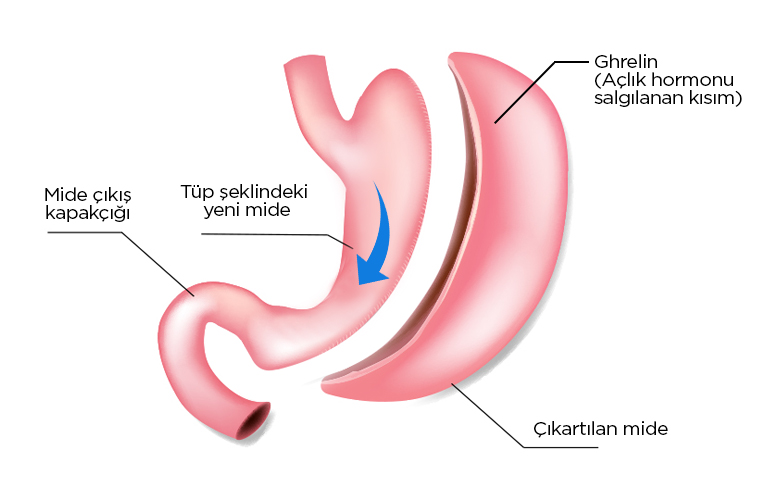Gastric sleeve surgery is typically performed using a minimally invasive technique known as laparoscopy. Here’s what the surgical process entails:
Procedure: The surgery involves making several small incisions in the abdomen through which surgical tools and a camera are inserted. Surgeons then proceed to remove a large portion of the stomach along the greater curvature, leaving a banana-shaped sleeve that is sealed with staples.
Duration: The surgery usually takes about one to two hours to complete.
Recovery: Patients often spend one to two days in the hospital post-surgery to monitor recovery and manage pain. Full recovery, including the ability to return to normal activities, may take a few weeks.
Outcome: Most patients can expect to lose 50-70% of their excess body weight within the first 12 to 18 months after surgery, accompanied by improvements in conditions like diabetes, hypertension, and obstructive sleep apnea.
The cost of gastric sleeve surgery can vary widely depending on several factors including the location of the hospital, the surgeon's expertise, and the comprehensive nature of the care package offered. Here are general considerations:
In the USA: The average cost of gastric sleeve surgery can range from $15,000 to $25,000.
Insurance Coverage: In many cases, if medically necessary, part of the surgery may be covered by health insurance.
Included in Cost: Typically, the cost covers all aspects of the procedure including pre-surgery consultations, the surgery itself, anesthesia, hospital stay, and post-operative follow-ups.
Turkey is renowned as a leading destination for medical tourism, particularly for procedures like gastric sleeve surgery due to its affordability and high standards of medical care.
Cost in Turkey: The cost of gastric sleeve surgery in Turkey is significantly lower than in many Western countries, typically ranging from $3,000 to $5,000.
Quality of Care: Turkish hospitals are equipped with state-of-the-art technology and staffed by experienced surgeons who often have international training.
All-inclusive Packages: Many Turkish healthcare providers offer packages that include the surgery, hotel stay, airport transfers, and sometimes even post-operative diet plans.
Why Choose Turkey: Besides the cost advantage, patients choose Turkey for its experienced surgeons, comprehensive care packages, and the opportunity to recover in a tourist-friendly environment.
For those considering gastric sleeve surgery, Turkey offers a compelling combination of affordable, high-quality medical care and the opportunity to recover in a beautiful setting. However, it's crucial to thoroughly research and choose accredited facilities and qualified surgeons to ensure the best outcomes.
